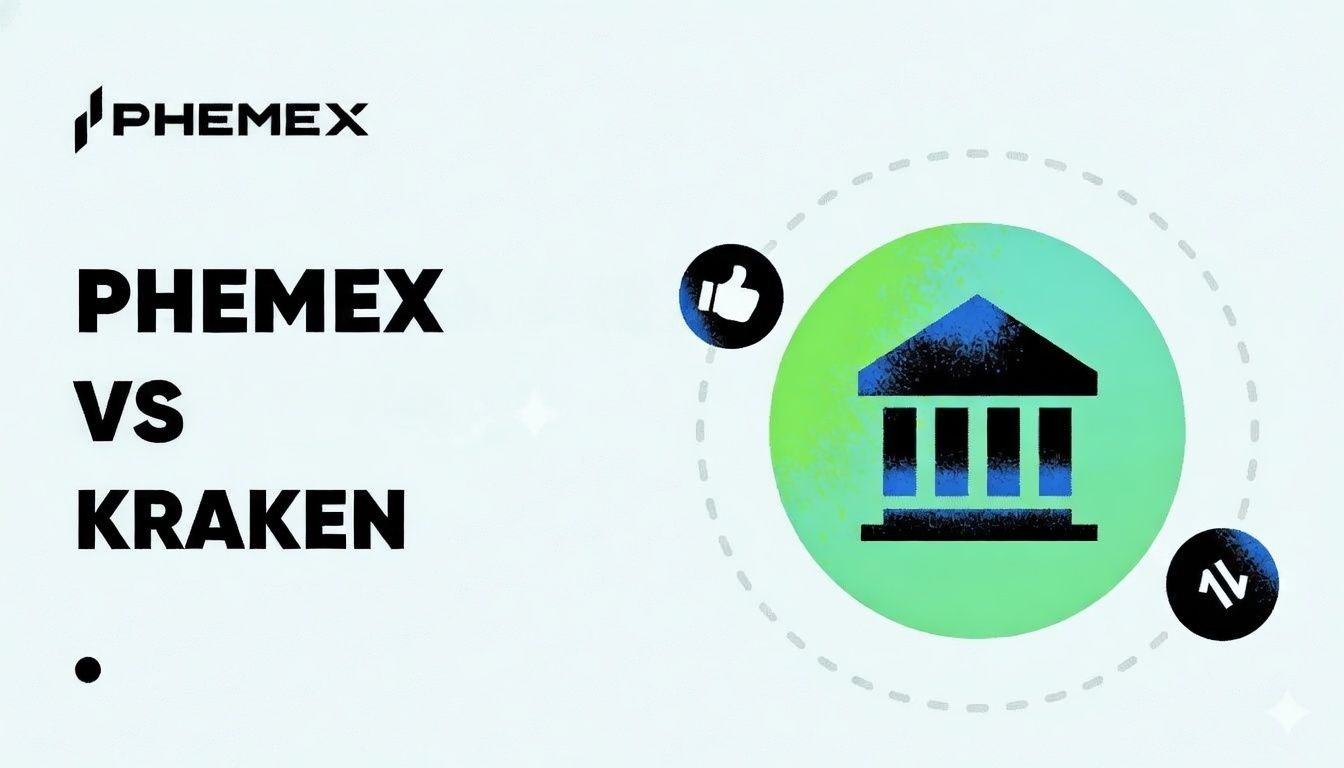Crypto Week, running from July 14–18, 2025, marks a critical juncture for the U.S. cryptocurrency industry as the House of Representatives debates three key bills: the CLARITY Act, the GENIUS Act, and the Anti-CBDC Surveillance State Act. These bills aim to clarify regulations, shaping the future of digital assets. As of July 17, 2025, with Crypto Week nearing its close, this article provides the latest updates on the bills and their potential impact on the crypto industry, from market stability to innovation. For Bitcoin-specific trading insights, see our earlier analysis.
What Is Crypto Week?
Crypto Week, announced by the House Committee on Financial Services, is a designated period from July 14–18, 2025, focused on voting for three cryptocurrency-related bills. This initiative highlights the growing importance of digital assets, aiming to establish clear regulations and foster innovation. Recent progress, despite early challenges, positions Crypto Week as a pivotal event for the crypto ecosystem.
Overview of the Three Crypto Week Bills
Below is a brief overview of the three bills, each addressing a core regulatory aspect.
1. CLARITY Act: Streamlining Crypto Regulations
The CLARITY Act aims to classify cryptocurrencies as either securities (SEC oversight) or commodities (CFTC oversight).
-
Core Objective: Define clear regulatory boundaries for digital assets.
-
Significance: Reduces uncertainty, encouraging innovation and investment.
2. GENIUS Act: Regulating Stablecoins
The GENIUS Act establishes oversight for stablecoins, cryptocurrencies pegged to assets like the U.S. dollar.
-
Core Objective: Ensure transparency and consumer protections for stablecoin issuers.
-
Significance: Enhances trust, supporting stablecoin use in trading and payments.
3. Anti-CBDC Surveillance State Act: Prioritizing Decentralization
The Anti-CBDC Surveillance State Act seeks to block the Federal Reserve from issuing a Central Bank Digital Currency (CBDC).
-
Core Objective: Protect financial privacy by preventing a government-controlled digital currency.
-
Significance: Promotes decentralized cryptocurrencies, aligning with blockchain principles.
Latest Developments in Crypto Week (As of July 17, 2025)
As of July 17, 2025, Crypto Week has seen notable progress:
-
Procedural Resolution: A failed procedural vote on July 15 (196–223) due to GOP disagreements was resolved on July 16, advancing the bills after negotiations led by President Trump and House Financial Services Chairman French Hill.
-
Voting Updates: The GENIUS Act, passed by the Senate, is scheduled for a House vote on July 17, with strong bipartisan support. The CLARITY Act may face a vote early next week, while the Anti-CBDC Act is proposed as an amendment to the National Defense Authorization Act (NDAA), with a vote expected by July 18.
-
Industry Sentiment: Crypto firms are optimistic, preparing for compliance changes. Concerns about CBDC loopholes persist, but the bills are on track for final consideration.
-
Market Response: Investors anticipate increased liquidity and stability if the bills pass, with some predicting a surge in institutional participation.
These updates underscore Crypto Week’s potential to reshape the crypto industry.
Why Crypto Week Matters for the Crypto Industry
Crypto Week’s outcomes could transform the cryptocurrency ecosystem, impacting market stability, investor confidence, and innovation. Below, we highlight key effects on the industry and its future.
1. Regulatory Clarity Stabilizes Markets
Regulatory uncertainty has driven crypto market volatility, deterring investors. The CLARITY Act’s clear asset classifications could reduce legal risks, enabling exchanges and businesses to operate with confidence.
-
Industry Impact: Reduced regulatory fears could stabilize prices across assets like Bitcoin, Ethereum, and altcoins, attracting new investors. Analysts predict significant capital inflows, enhancing market liquidity.
-
Future Outlook: A clear regulatory framework could drive mainstream adoption, increasing market capitalization and fostering a resilient crypto ecosystem by 2026.
2. Stablecoin Regulation Enhances Ecosystem Efficiency
Stablecoins are critical for trading and payments, offering stability in volatile markets. The GENIUS Act’s oversight could strengthen trust in stablecoins, encouraging their integration into financial systems.
-
Industry Impact: Regulated stablecoins could boost trading volumes and liquidity on exchanges, improving market efficiency for retail and institutional users.
-
Future Outlook: Stablecoins could enable new use cases, such as remittances, cross-border payments, and DeFi platforms, potentially growing the market to trillions and bridging crypto with traditional finance.
3. Decentralization Fuels Crypto Innovation
The Anti-CBDC Surveillance State Act reinforces decentralization and privacy, core crypto principles. By blocking a U.S. CBDC, it could drive demand for decentralized assets.
-
Industry Impact: A CBDC ban could increase investment in cryptocurrencies like Bitcoin and Ethereum, as investors seek privacy-focused alternatives, potentially boosting prices.
-
Future Outlook: Prioritizing decentralization could spur innovation in blockchain applications, from decentralized exchanges to tokenized assets, strengthening the crypto ecosystem.
4. U.S. Leadership in Digital Assets
Crypto Week could position the U.S. as a global leader in digital asset innovation, attracting investment and talent. Clear regulations may reverse the trend of crypto businesses relocating to jurisdictions like Singapore.
-
Industry Impact: Bill passage could drive billions in investments into U.S. crypto projects, boosting trading activity and market growth across exchanges and blockchain firms.
-
Future Outlook: A crypto-friendly U.S. could lead global innovation in DeFi, NFTs, and Web3, creating new financial products and reshaping the digital economy by 2030.
Conclusion: Crypto Week’s Role in the Future of Digital Assets
As Crypto Week nears its end on July 18, 2025, the CLARITY Act, GENIUS Act, and Anti-CBDC Surveillance State Act are poised to redefine the crypto landscape. With votes progressing, these bills could stabilize markets, boost investor confidence, and foster innovation. The potential for reduced volatility, enhanced stablecoin adoption, and decentralized growth could drive significant industry advancements. Stay updated as final votes unfold to understand their impact on digital assets.
Disclaimer: The information provided in this article is for educational and informational purposes only and does not constitute financial advice. Cryptocurrency markets are highly volatile and involve significant risk. Always conduct your own research and consult with a qualified financial advisor before making any investment decisions. Phemex is not responsible for any losses incurred due to trading or investing based on the content of this article.









